Endless belts are used in a wide variety of power transmission and conveyor belt applications, including those in: agriculture, chemical, clean room, commercial food production, construction, manufacturing, metallurgy and mining. Read More…
We have a wide range of products that allow us to find the right solutions for all our customer’s material handling needs. We provide conveyor belts made out of variety of materials. Our research and development department works hard to ensure that we are bringing our customers products that are on the leading edge of innovations at all times. For more information on how we may be able to...
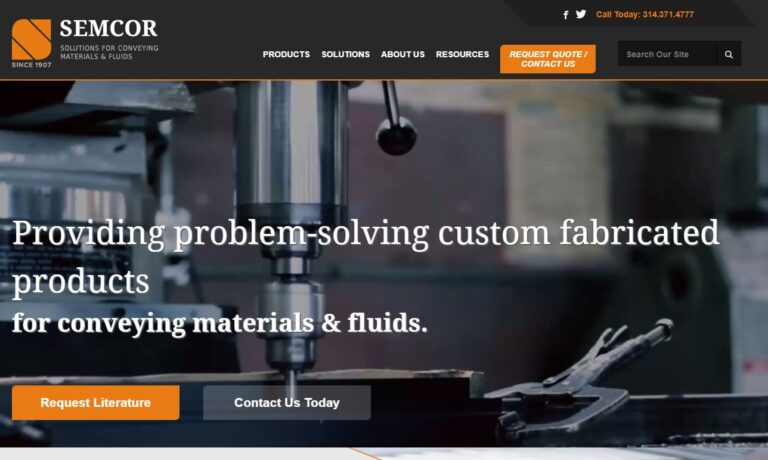
For more than 60 years, we have been offering innovative conveyor belting to customers worldwide. Our full line of products include perforated belts, vacuum belts, nylon core belts, and plastic modular belting. We have grown our reputation based on providing outstanding customer service as well as conveyor belt materials that will provide long-lasting value. For more information on how we may be...

At Shipp Belting, we specialize in manufacturing and distributing high-quality conveyor belts designed to meet the diverse needs of industrial operations. With decades of experience behind us, we’ve built our reputation on reliability, technical expertise, and a deep understanding of how material handling impacts overall efficiency.

Fenner Dunlop Americas has built a reputation in belt manufacturing, and our goal is to find the perfect solution for you. Our staff is dedicated to your needs and we are capable of assisting you in finding the belt your application requires. To learn more about the details of our industrial belts then simply visit our website or give one of our representatives a call.
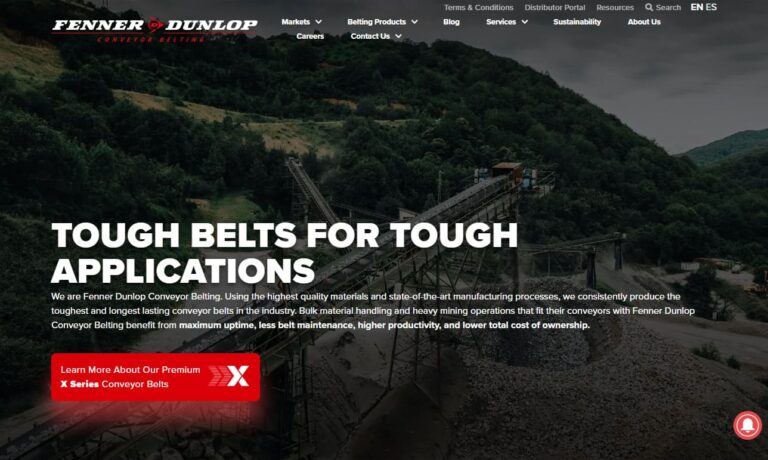
More Endless Belt Manufacturers
When designing your endless belt drive system, belt manufacturers will consider a number of factors, including: the type of material or products you plan to convey, the weight of the items you plan to convey, the frequency with which you will use your system, the sanitation requirements of your belt conveyor (FDA, food-grade, etc.), the length of your system any of systems with which it must integrate.
Per your application requirements, they can choose belt materials and more. Endless belts are typically made from rubber elastomers, such as urethane, neoprene or nitrile rubber. Materials used to make endless belts must usually possess qualities including: elasticity, abrasion resistance, chemical resistance and durability. Manufacturers offer them in a variety of thicknesses, widths, lengths and load bearing capacities. They can create belts with a number of different textures, including: smooth, notched, ribbed and cogged.
Endless belts offer their users a number of advantages. First, without seams, they are stronger, less prone to wear and less prone to bacteria growth. In addition, they run smoothly, with low vibration and with low stress. All in all, they wear down less quickly and last longer than other types of belts. Because endless belts are made from elastomeric material, they are stretchy and can be tensioned without extra equipment. Another advantage of endless belts is the fact that they are extremely reliable, so you can count on them during your high volume runs.

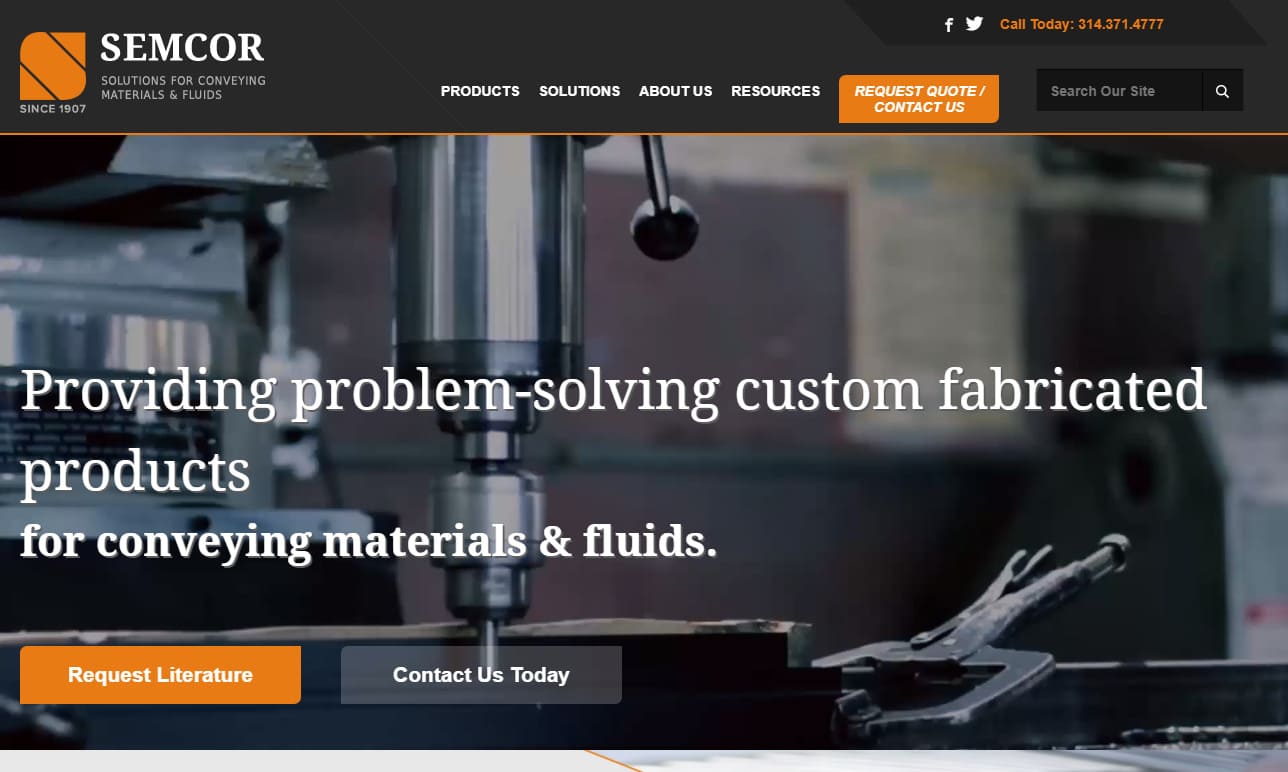


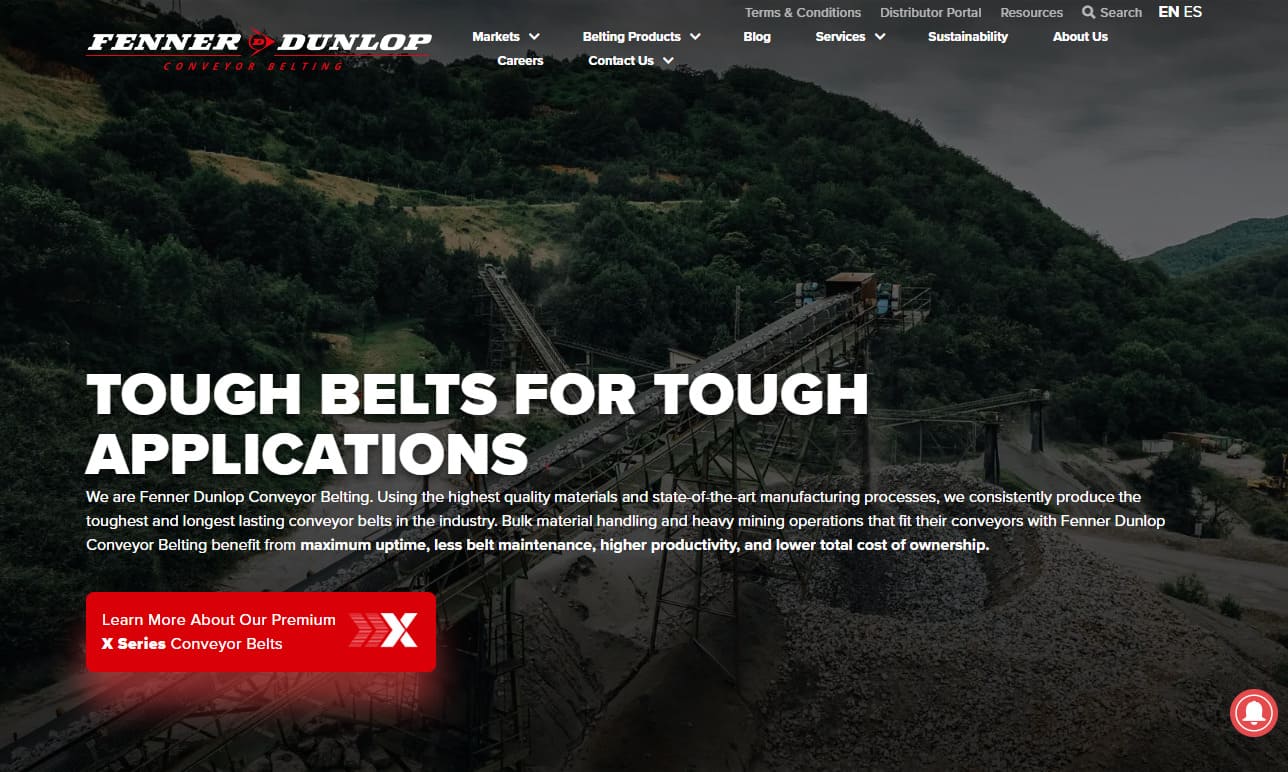

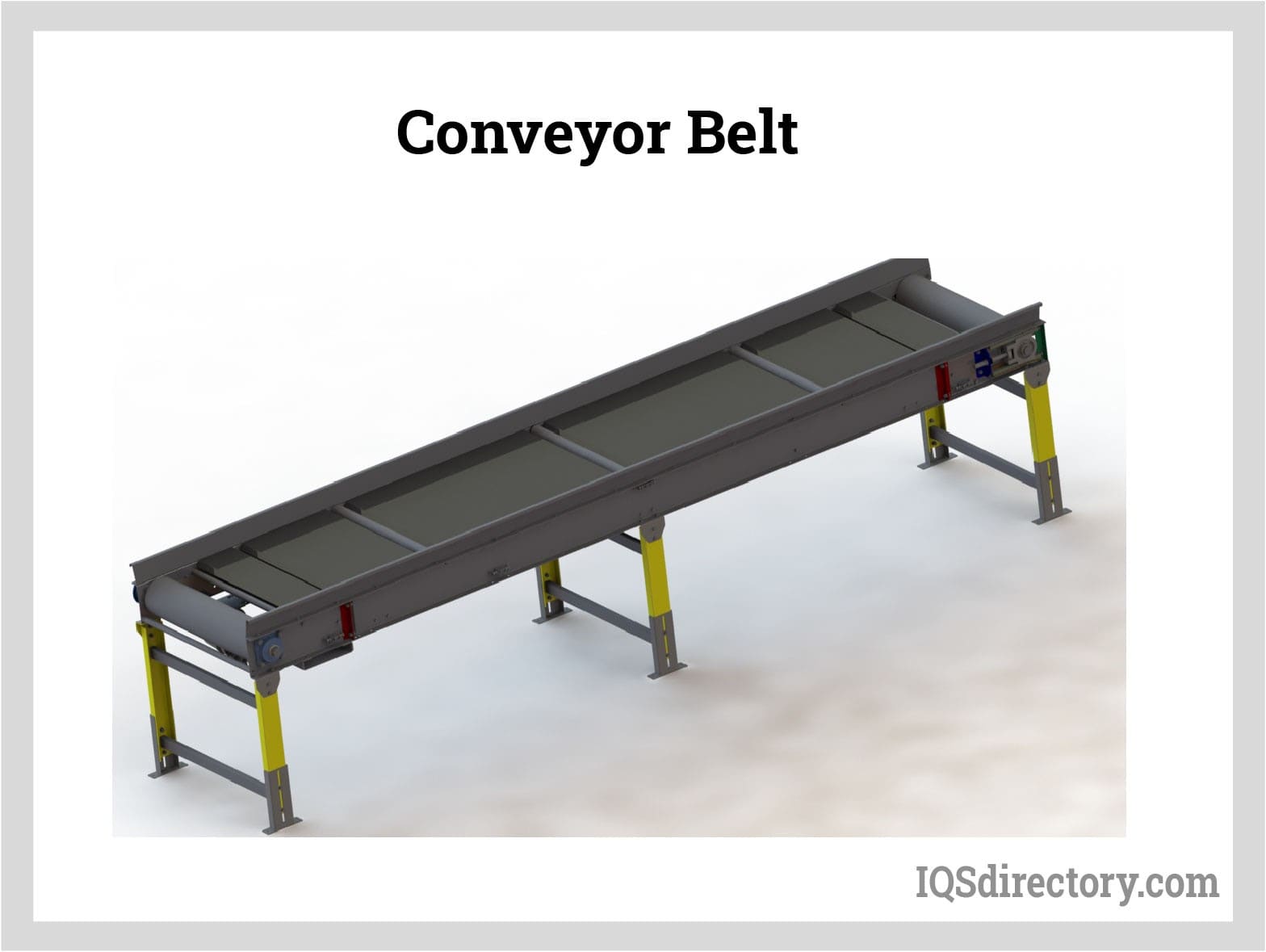
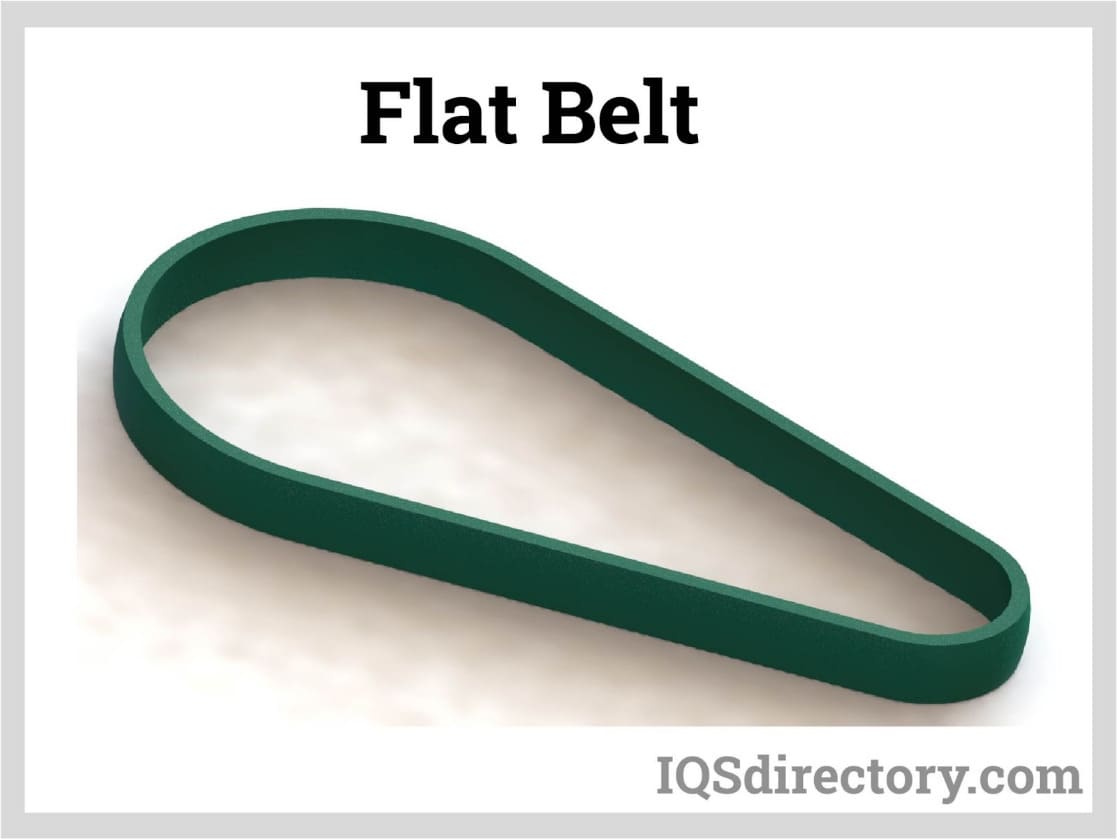
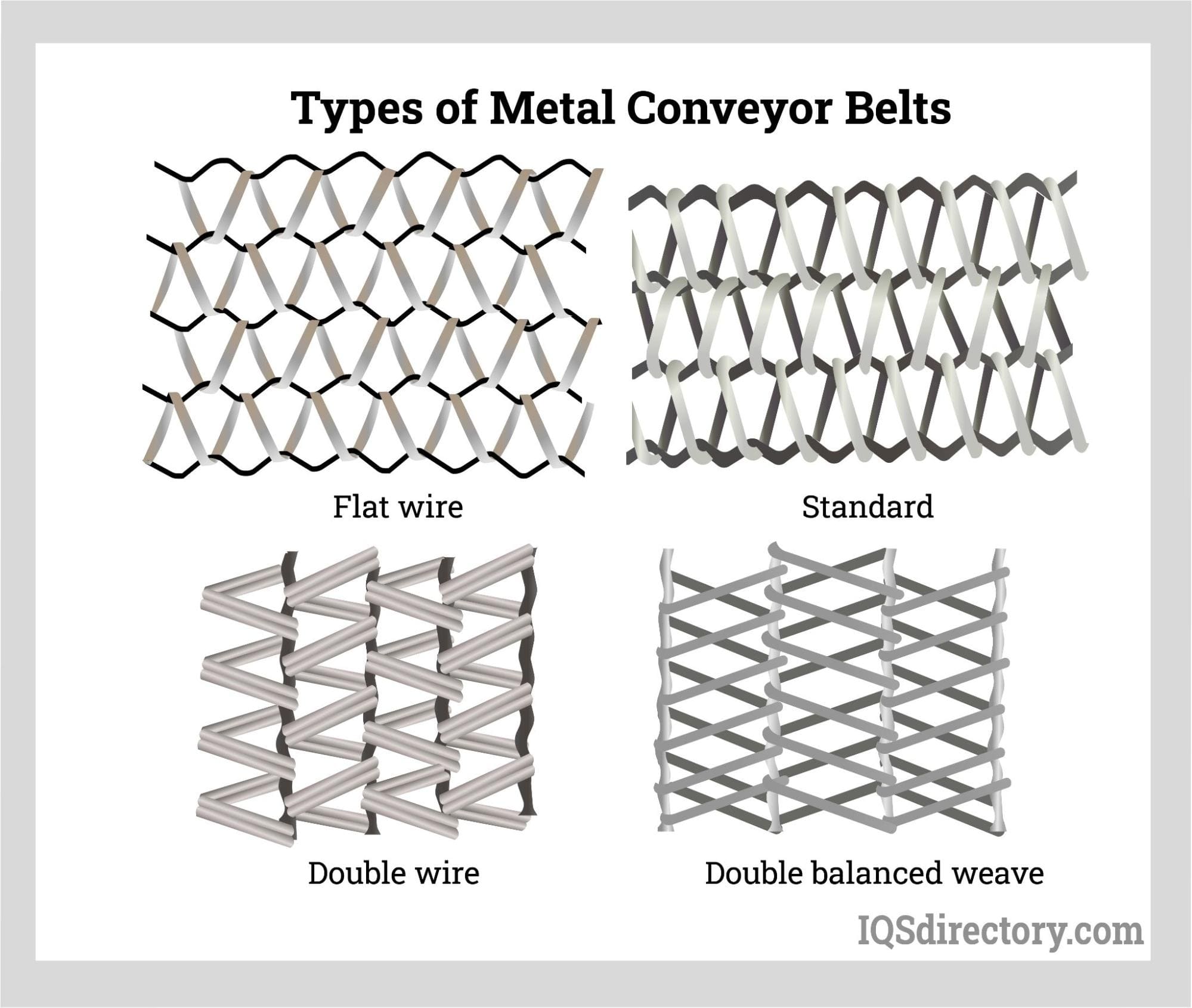
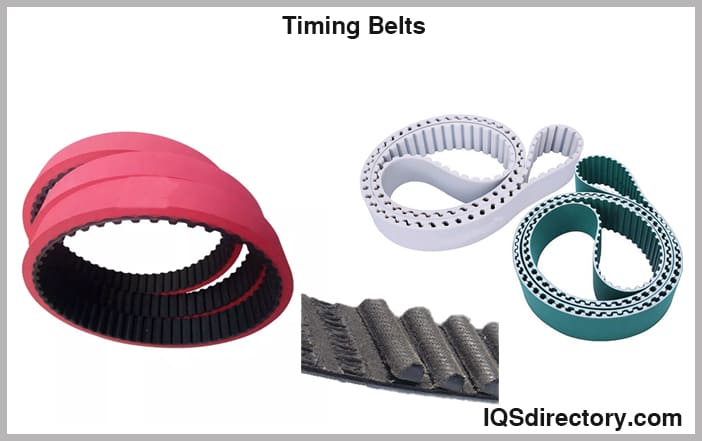
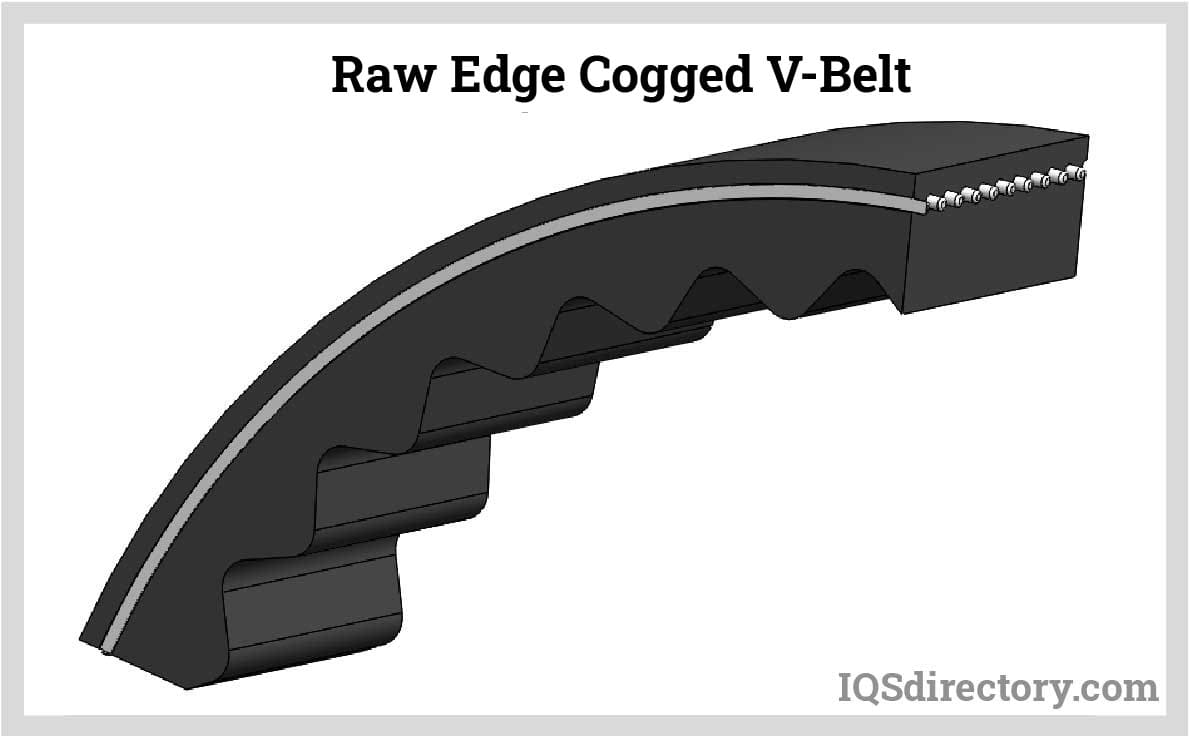
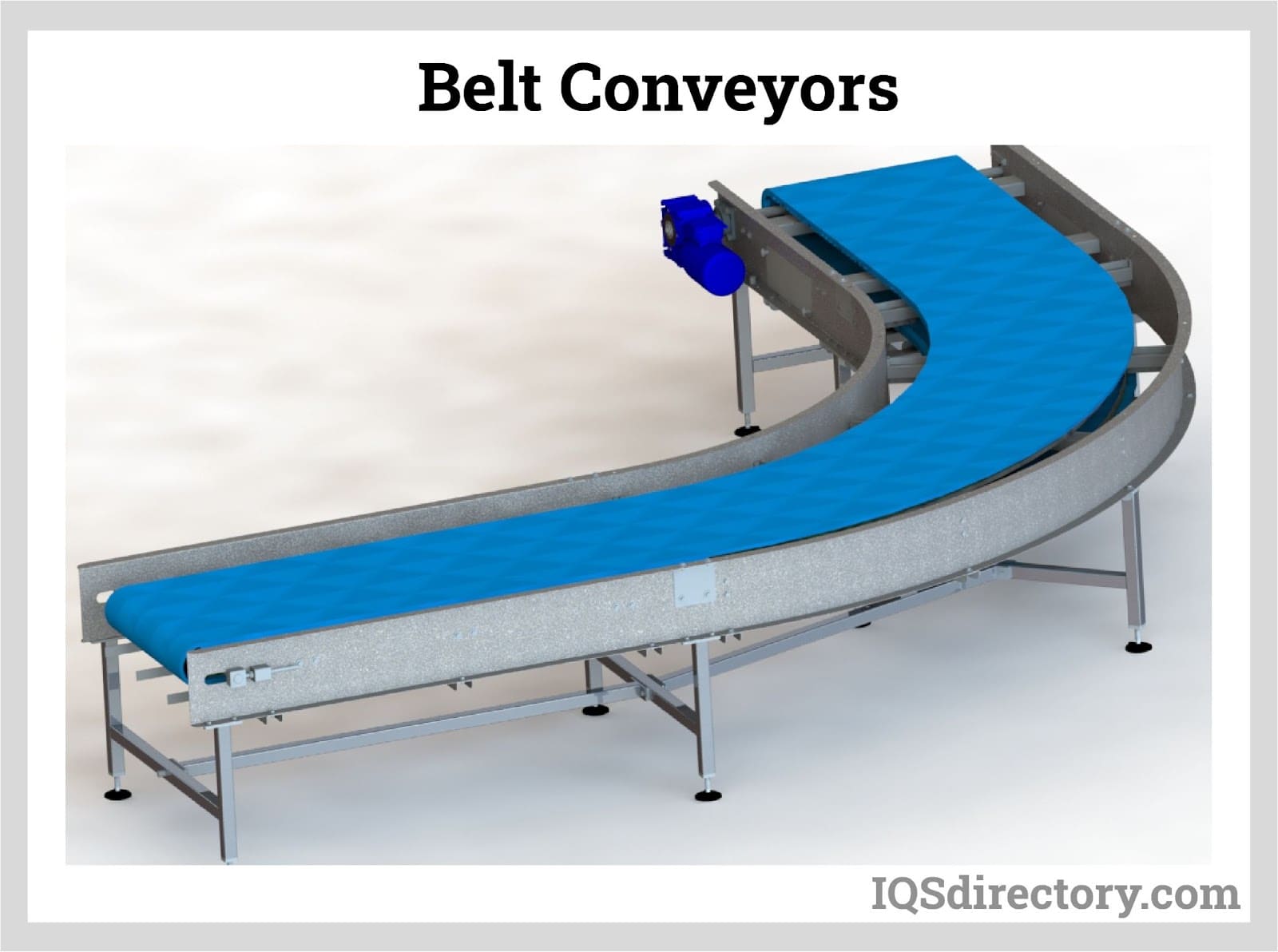
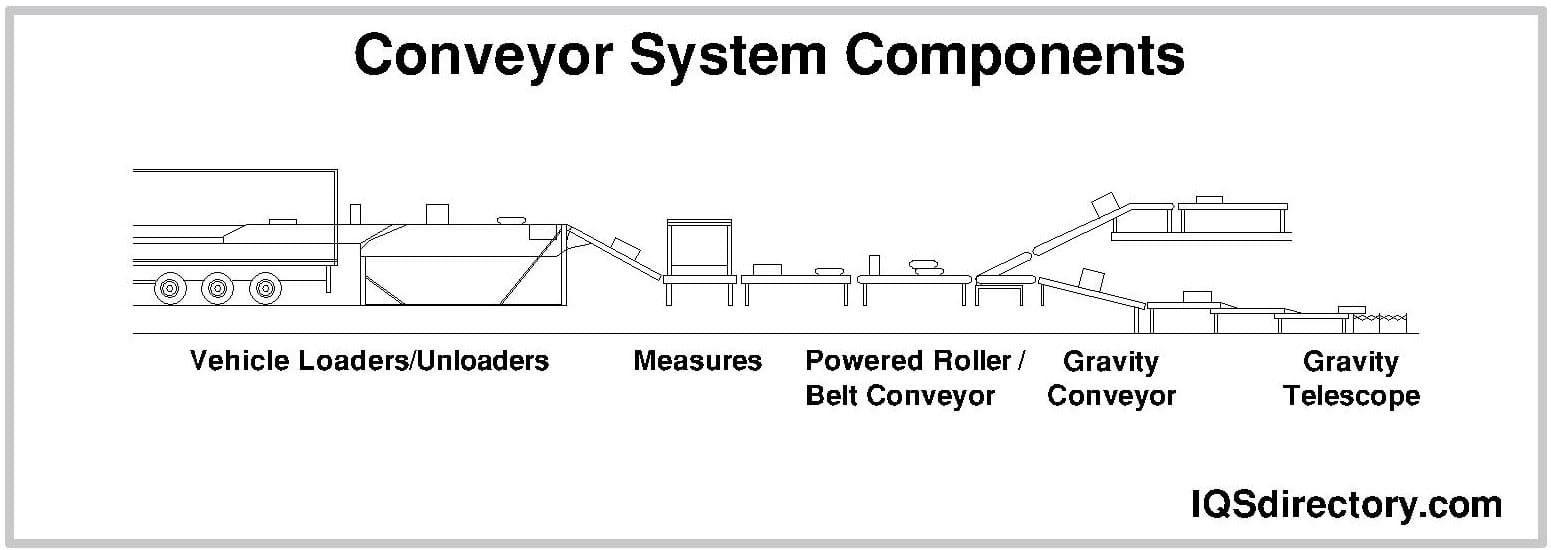
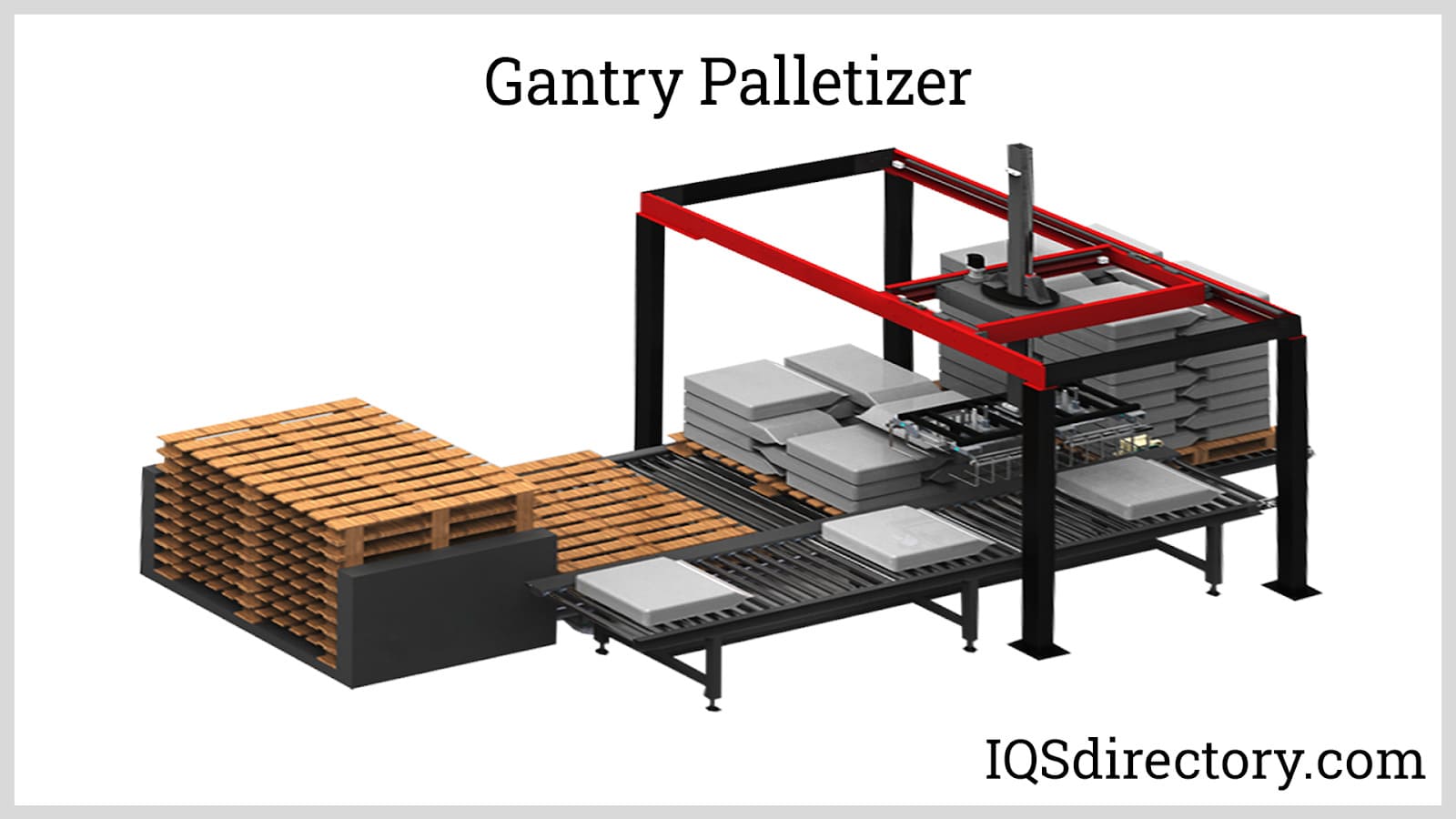
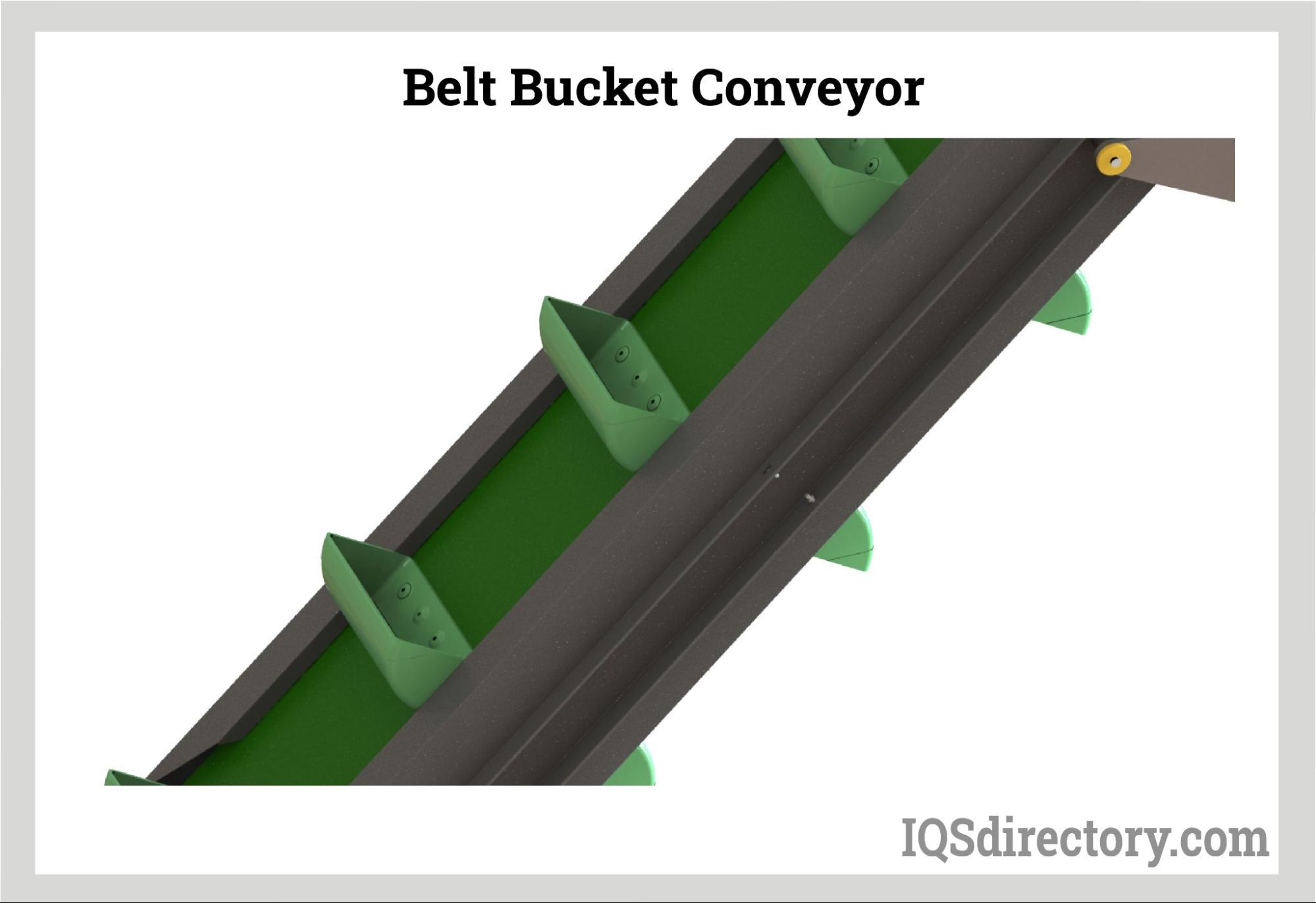
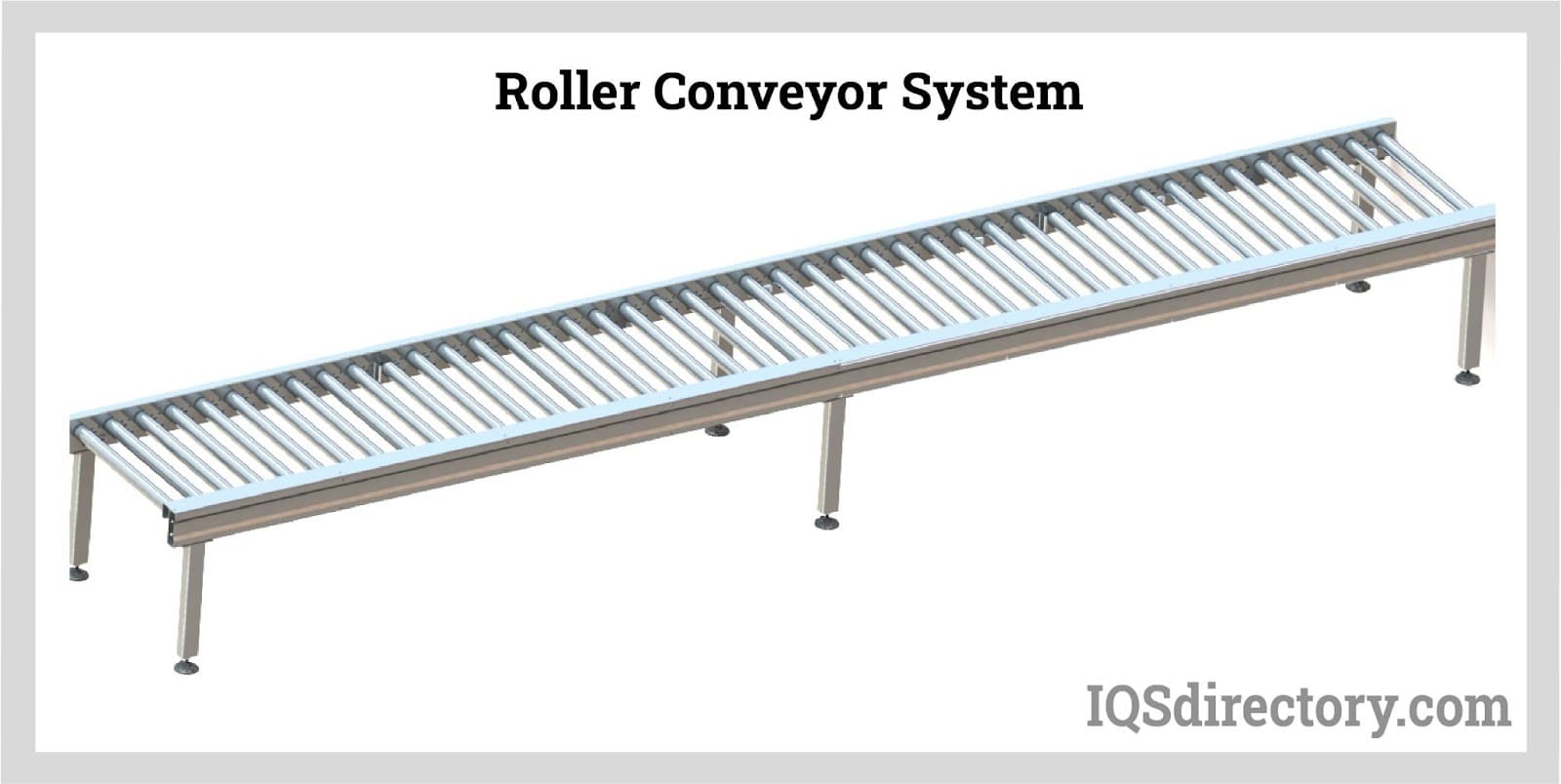

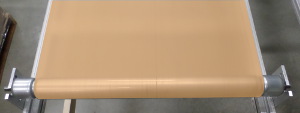 Conveyor Belting
Conveyor Belting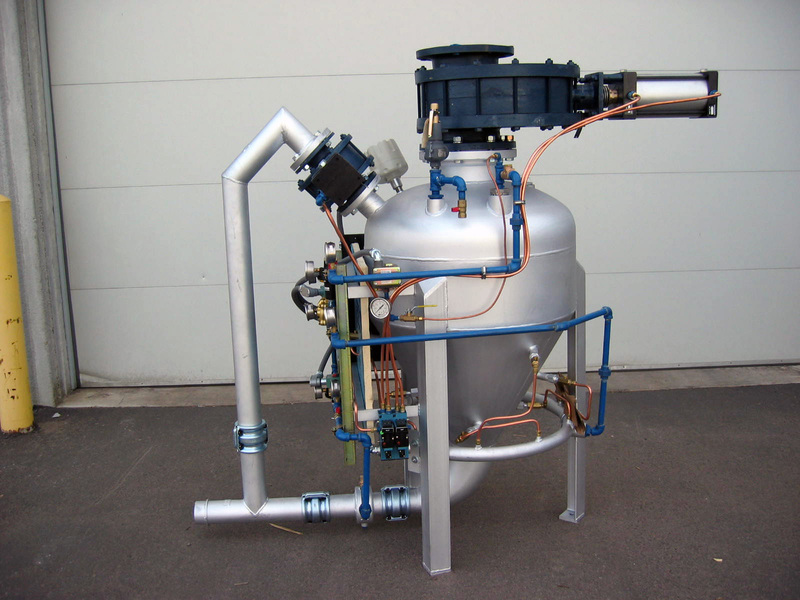 Conveyor Systems
Conveyor Systems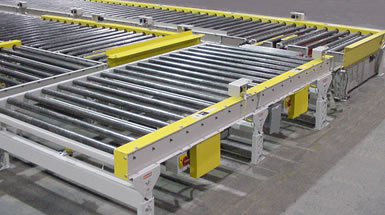 Conveyors
Conveyors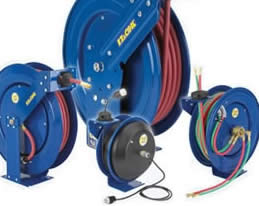 Hosereels
Hosereels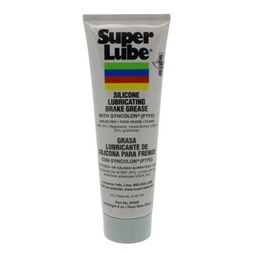 Industrial Lubricants
Industrial Lubricants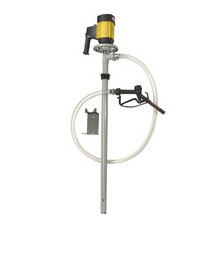 Lubricators
Lubricators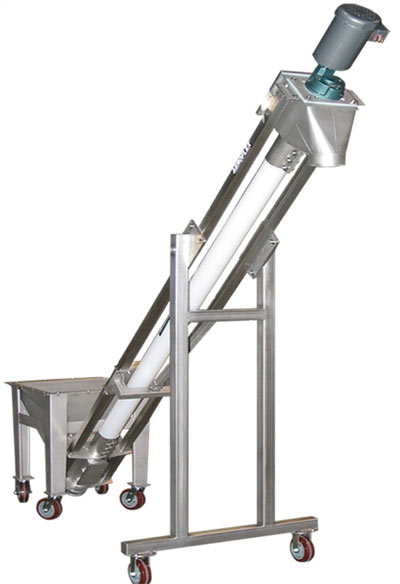 Screw Conveyors
Screw Conveyors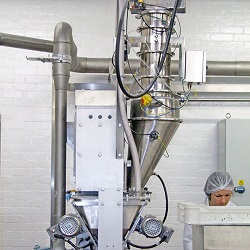 Pneumatic Conveyors
Pneumatic Conveyors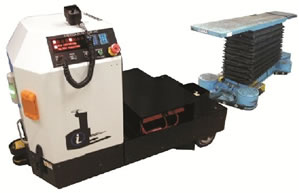 AGV
AGV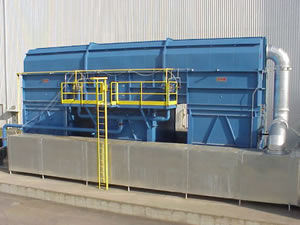 Air Pollution Control
Air Pollution Control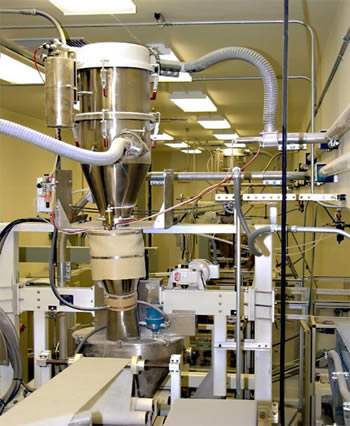 Assembly Machinery
Assembly Machinery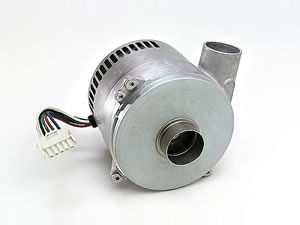 Blowers
Blowers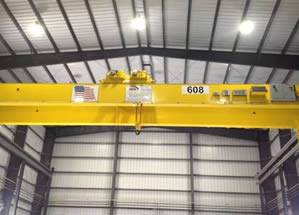 Cranes
Cranes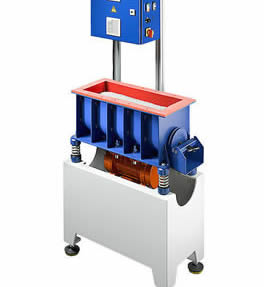 Deburring Machinery
Deburring Machinery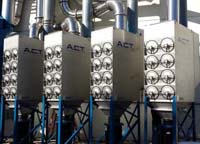 Dust Collectors
Dust Collectors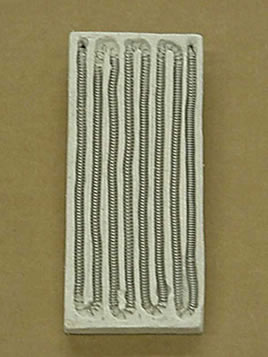 Heaters
Heaters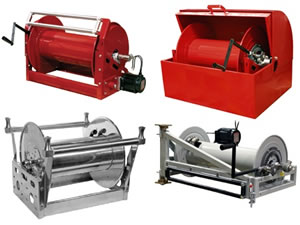 Hose Reels
Hose Reels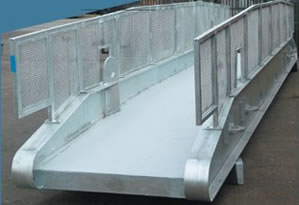 Mezzanines
Mezzanines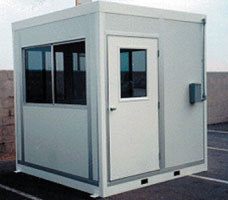 Modular Buildings
Modular Buildings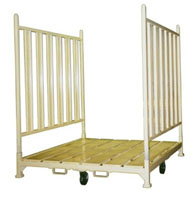 Storage Racks
Storage Racks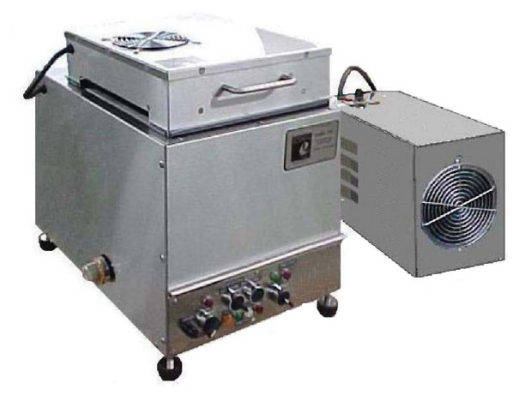 Ultrasonic Cleaners
Ultrasonic Cleaners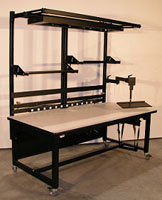 Work Benches
Work Benches